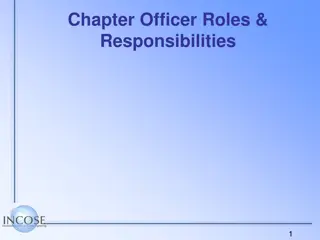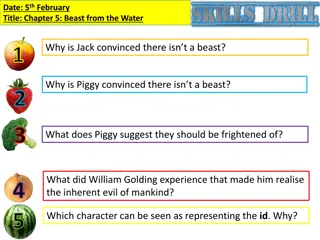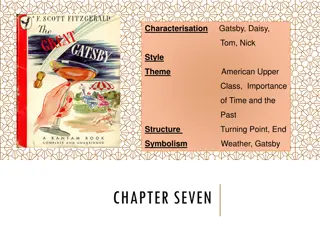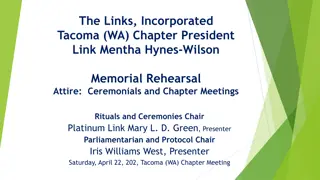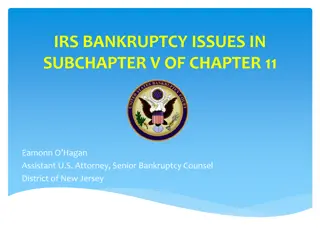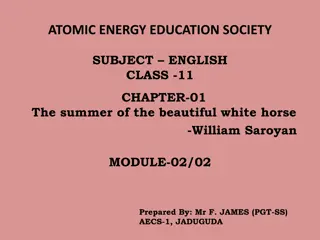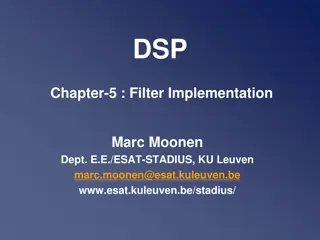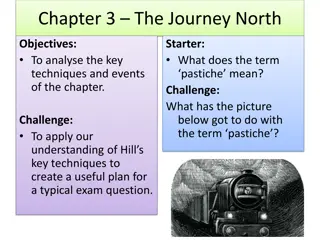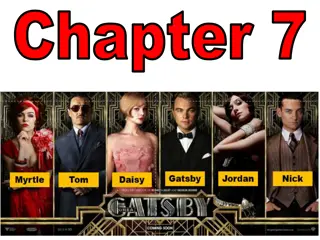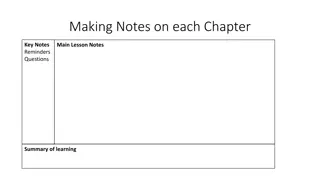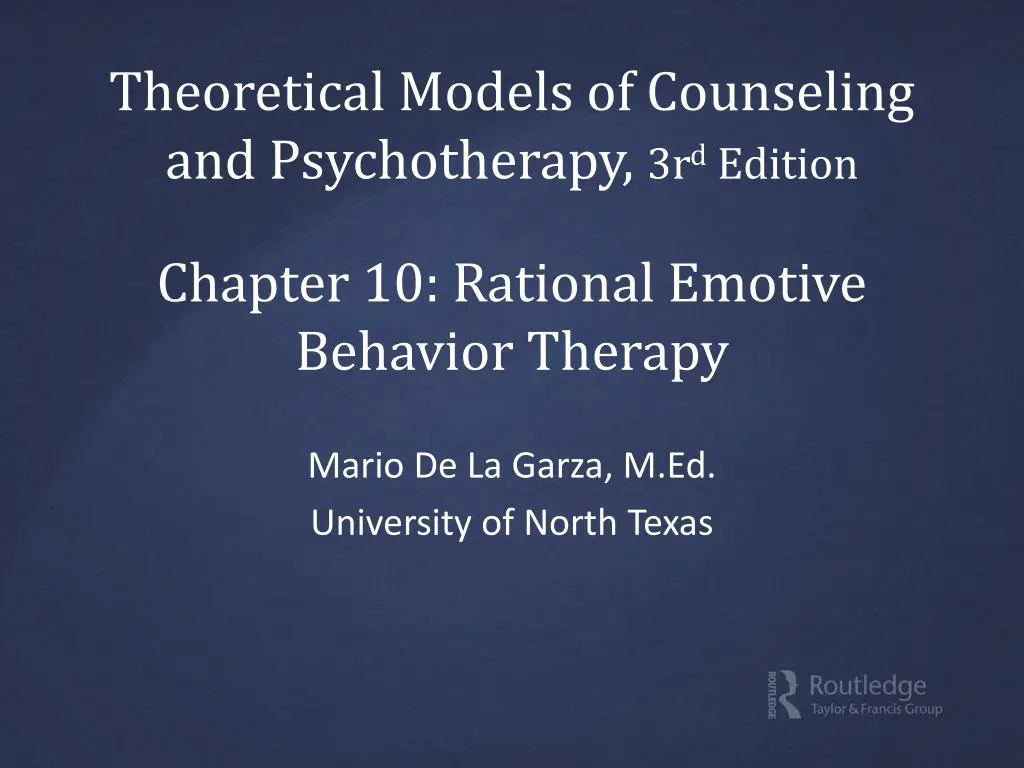
Understanding Rational Emotive Behavior Therapy (REBT) Philosophical Foundations
Explore the philosophical underpinnings and development of Rational Emotive Behavior Therapy (REBT) by Albert Ellis, focusing on epistemology, relativism, humanism, and the function of the psyche. Learn how beliefs shape emotions and behaviors, and discover ways to challenge irrational thoughts to achieve self-actualization.
Download Presentation

Please find below an Image/Link to download the presentation.
The content on the website is provided AS IS for your information and personal use only. It may not be sold, licensed, or shared on other websites without obtaining consent from the author. If you encounter any issues during the download, it is possible that the publisher has removed the file from their server.
You are allowed to download the files provided on this website for personal or commercial use, subject to the condition that they are used lawfully. All files are the property of their respective owners.
The content on the website is provided AS IS for your information and personal use only. It may not be sold, licensed, or shared on other websites without obtaining consent from the author.
E N D
Presentation Transcript
Theoretical Models of Counseling and Psychotherapy, 3rdEdition Chapter 10: Rational Emotive Behavior Therapy Mario De La Garza, M.Ed. University of North Texas
Albert Ellis The oldest of three children Struggled with serious kidney problems Father was physically absent; Mother was emotionally absent Figured out a way to survive on his own Trained as a psychoanalyst, but found it s passive approach incongruent with his views Died in 2007
Development of Theory Ellis found passive style of analysis to have little effect on belief system of clients. Ellis formulated a personality change process using direct confrontation modeled after his experiments and experiences. RT RET REBT
Philosophical Underpinnings Epistemology branch of philosophy studying the nature of knowledge and asking the question, How do we know what we know? Knowledge based on individuals selective interpretations How a person perceives events and people will affect how that person thinks/feels/behaves. Epictetus: Humans are disturbed not by things, but by the views they take of things.
Philosophical Underpinnings Relativism: no absolute truth or reality exists Dialectics: the role of logical thought and human reason in the acquisition of knowledge Consider all evidence before coming to a conclusion Responsible hedonism: the creation of short- and long-term goals to maximize pleasure potential
Philosophical Underpinnings Humanism: appreciating the individuality, creativity, and autonomy of a person People have innate worth. Dysfunction arises when this worth is not valued (self-criticism and comparing).
Function of the Psyche Humans innately want to survive, feel pleasure, and attain self-actualization. Humans are largely influenced by two innate tendencies: 1. The overwhelming tendency to think and behave irrationally 2. The tendency to think rationally and dispute irrational thoughts
Structure of the Psyche Ellis s ABC model: a universal processing system Activating event or experience (A) Beliefs about A (B) Emotional/Behavioral /Cognitivre consequence (C) Most people believe A causes C. Actually, one s beliefs (B) about A cause C.
Role of the Environment Biology and the environment interact to create psychological disturbance. Neither biology nor the environment is absolutely causative. A person s unique perception and experience will also influence psychological functioning.
Healthy Functioning Rational thinking = Healthy Rational people exhibit: Flexibility A willingness to make mistakes and learn The ability to base interpretations and conclusions on realistic data
Healthy Functioning 1. You are free; define yourself. 2. Live in dialogue with your fellow human beings. 3. Your own experience is the highest authority. 4. Be fully present in the immediacy of the moment. 5. There is no truth except action. 6. You must learn to accept certain limits in life.
Unhealthy Functioning Irrational thinking = Unhealthy - Demands: Dogmatic beliefs about self, others, and the world, I must be liked by others . - Awfulizing Beliefs: Rigid and intense consequences that flow from dogmatic demands, I must be liked by others and if I am not, then I am a total failure . - Low frustration tolerance beliefs: Occur when people insist that life be less frustrating, I must be liked by others and I can t stand it when I am not .
Unhealthy Functioning - Depreciation beliefs: Flow from demands about self, others and the world and demean the whole based on one failure, I must be liked by others and if I am not, then I am a complete loser .
Clients Role 1. Acknowledge the problem 2. Identify and overcome secondary disturbance 3. Identify the irrational beliefs that underpin primary problem 4. Understand why the irrational beliefs are irrational 5. Understand why rational beliefs would be more realistic and have better outcomes
Clients Role 6. Challenge irrational belief(s) and strengthen rational alternative. 7. Learn cognitive, emotional, and behavioral techniques to strengthen rational conviction. 8. Identify and overcome obstacles to change. 10. Keep working against tendency to think and act irrationally.
Counselors Role Provide unconditional acceptance. Be active and directive in disputing irrational beliefs (of client and of self). Have a good sense of humor. Be willing to take risks. Accept oneself as imperfect. Be present-focused.
Stages Beginning Stage Build rapport. Teach client basics of REBT. Middle Stage Client uses ABC model to dispute irrational beliefs. Ending Stage Resolution of presenting problems Client demonstrates ability to continue to use REBT to dispute irrational beliefs and solve other problems.
Techniques Cognitive Techniques Rational self-statements Becoming an REBT teacher Semantic precision Emotive Techniques Imagery Humor Shame-attacking exercises Behavioral Techniques Activity-oriented homework
Interface with Recent Developments in Mental Health Nature/Nurture Ellis posited an interactive role of biology and environment in determining psychological functioning DSM 5 Diagnosis Emphasis is not on diagnosis but on disputing irrational beliefs Open to using it for business purposes (ie insurance) Pharmacotherapy REBT therapists support using medication as adjunct to psychotherapy.
Interface with Recent Developments in Mental Health Managed Care and Brief Therapy Well suited for brief therapy Diagnosis not clinically relevant but pragmatically necessary in this age of managed care REBT most helpful with single-issue clients Technical Eclecticism REBT practitioners can use a wide array of techniques from various schools of thought as long as these techniques help people think more rationally.
Interface with Recent Developments in Mental Health Diversity Issues REBT supports flexibility in thinking and attitudes about self and others. Gender role work Ellis believed people are born bisexual and have the ability to enjoy sex with any partner. Spirituality Ellis s view of religion as irrational changed over time. Religious/spiritual philosophies and REBT have been found to have commonalities. Effectiveness of psychotherapy Research supports REBT as an effective mode of change.
Limitations Because of some clients personalities or cultures, they dislike some aspects of the counselor s role: Little empathic focus on emotions Confrontational and disputational Can seem more argumentative than understanding/caring/supportive
Contributions Refinement of Adler s work into a more present-oriented and focused approach ABC model Ellis s forceful personality
References Fall, K. A., Holden, J. M., & Marquis, A. (2016). Theoretical models of counseling and psychotherapy (3rd ed.). New York, NY: Routledge.


